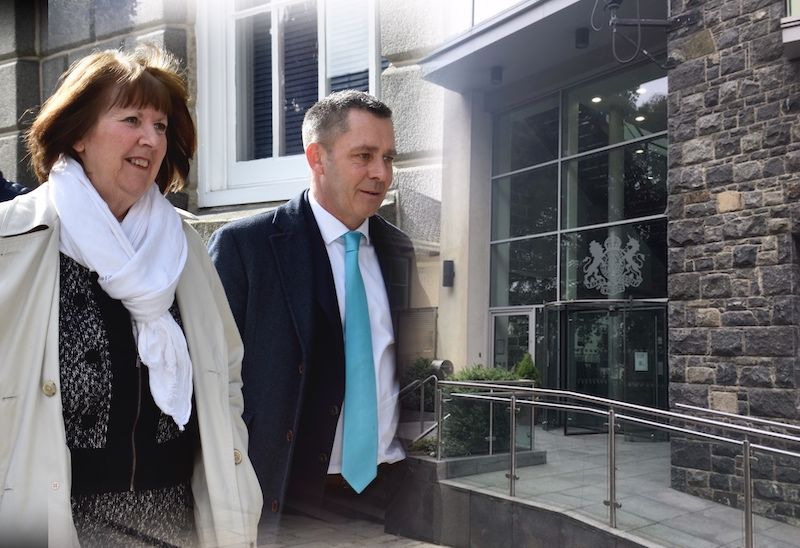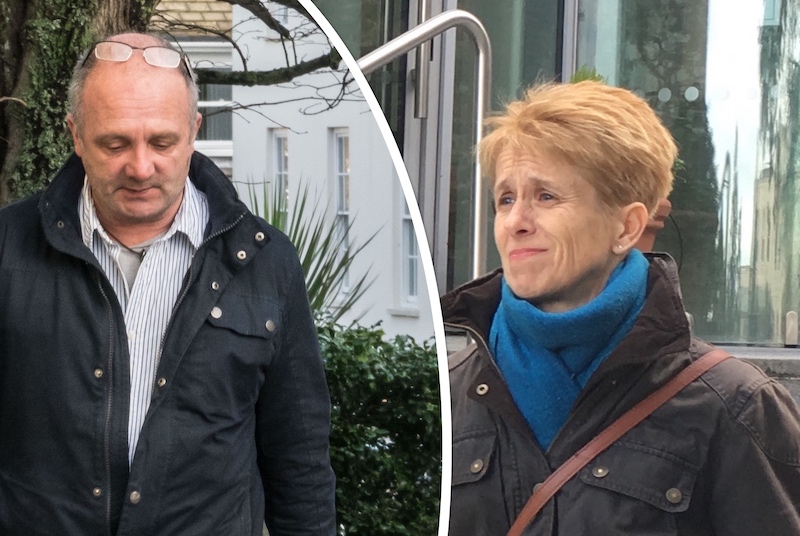


Grooming, revenge porn and other sexual offences will finally be inscribed in criminal law following a debate on new Sexual Offences Legislation, which will also see Home Affairs investigate pre-bail charge conditions and how to best define sexual consent as an affirmative action.
The debate in the States saw Deputies consider and approve Home's policy letter to create legislation that specifically targets six sexual crimes that have become more of an issue over time.
These offences are:
Home Affairs President Mary Lowe said people suspected of any of those offences can still be charged with similar, more general, offences, but the addition of these specifics to the law will allow convictions to be more easily secured.
It will still be a few months before these offences are enshrined in law, as Home Affairs will be returning to the States later this year with the final updated Sexual Offences Legislation.
Three amendments to the legislation were also debated and approved by the Assembly.
Thank you @HeidiSoulsby @emiliemcswiggan @deputycgreen https://t.co/Z6VFhqqD84
— tothevale (@tothevale) February 26, 2020
At present, suspects of a crime cannot have bail conditions brought against them until there is sufficient evidence to charge them, meaning that, in the case of sexual offences for example, suspects can leave the island before the results of DNA analysis have been obtained.
An amendment by Deputy Neil Inder and Heidi Soulsby succeeded in getting Home to go away and review introducing pre-charge bail conditions.

Pictured: Deputy Inder and Deputy Soulsby's amendment was supported by 31 States members, opposed by one and abstained by one.
Deputy Inder admitted the timing of his amendment was "opportunist" but it was widely supported by Deputies, who had all been made aware of a recent case where the suspect of a sexual crime had left the island and could not be brought back to face Guernsey's justice system.
Deputies Chris Green and Peter Ferbrache, who are both defence advocates, supported the amendment.
It was, however, opposed by Deputy Jeremy Smithies, who felt the amendment "went too far" and went against "centuries of common law that says that people are innocent until proven guilty".
These comments brought Deputy Green to his feet to say that there are already pre-charge bail conditions in place across the UK and Wales and that there is "clearly merit" in exploring their introduction over here.
One thing he wants Home to consider is the length of time people could end up being on bail before being charged as it "could become very unreasonable very quickly".
Pictured: Home Affairs Member Jeremy Smithies voted against the possible introduction of pre-charge bail conditions.
Two further amendments, which were laid by Deputies Lindsay de Sausmarez and Rhian Tooley on the day of the debate.
As a result of those amendments, Home Affairs, as part of its ongoing review of justice policy, will have to consider how consent might be defined as an affirmative action (not simply a passive belief in the absence of explicit dissent) in the context of a single sexual act and/or a continuous series of sexual activities, and report its findings to the States no later than February 2021.
The Committee has also been asked to consider whether the definition of extreme pornographic images should be amended as ‘those which portray in an explicit and realistic way acts which could threaten or take a person’s life or might result in serious injury, acts which include sexual interference with a corpse, acts of sexual intercourse with an animal, and “rape porn” showing non-consensual sexual penetration of a person’s vagina, anus or mouth by another person’s penis or another item,’ or wording that captures that slightly broader definition, and report its findings to the States within the same timeframe.
Both amendments were approved, although Deputy Lowe was unhappy with the timing, saying the Sexual Offences Legislation was very complicated and here Committee should have been given time to consider them. She encouraged the Deputies to come speak to her Committee in the future and they will put aside time to discuss matters with them.
Pictured top: Home Affairs President Mary Lowe and Vice-President Marc Leadbeater.
Comments
Comments on this story express the views of the commentator only, not Bailiwick Publishing. We are unable to guarantee the accuracy of any of those comments.